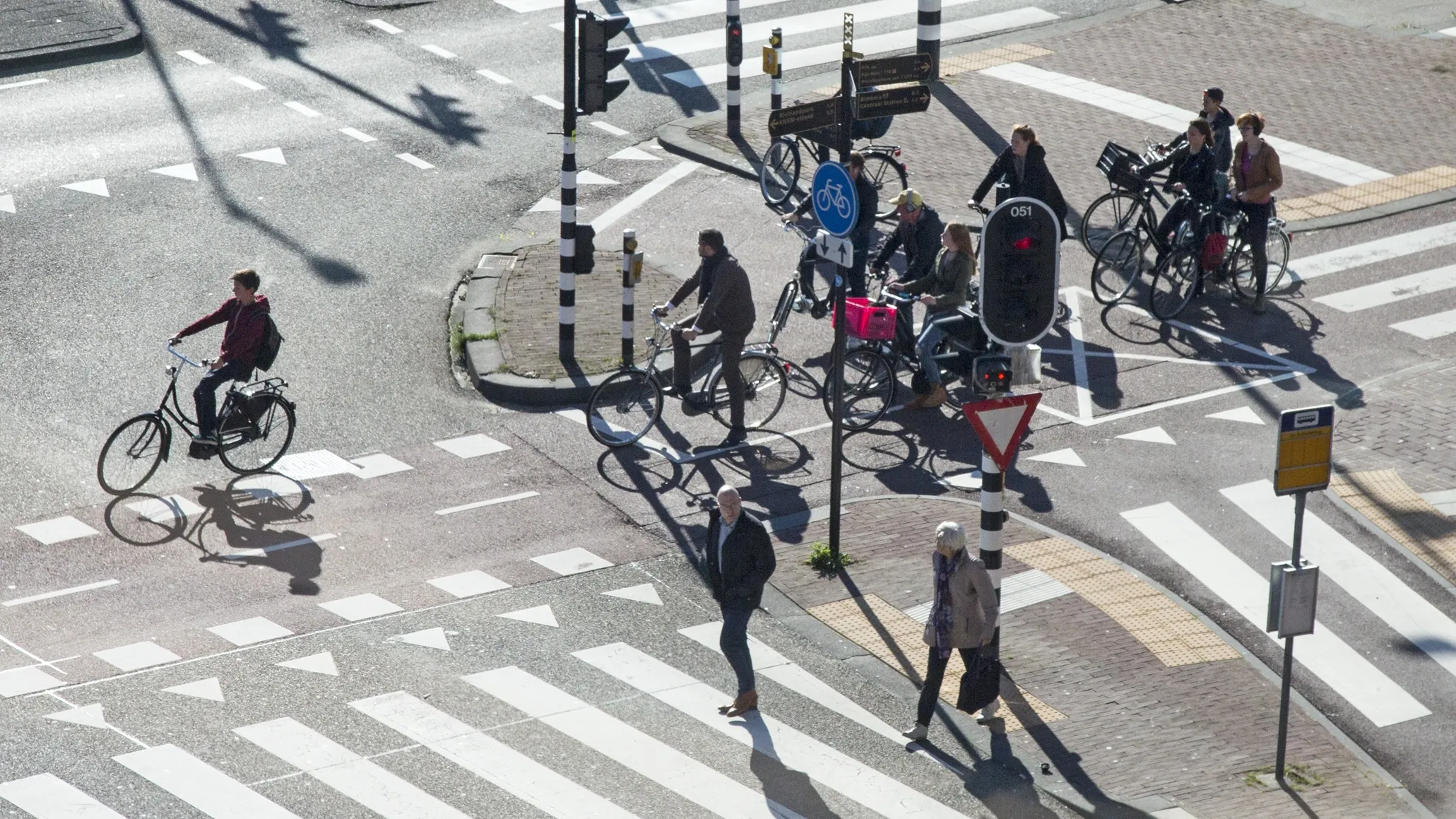
Mobility data platform Vianova has joined a new consortium in the Netherlands to develop digital tools for cities and regions to better manage public space over the next five years.
DRO (Digital Orchestration of Public Spaces) was launched as part of the Dutch Metropolitan Innovations (DMI) ecosystem and has a €23 million budget.
It has a contract from the Dutch Ministry of Infrastructure and Water Management, and Vianova will contribute mobility data to improve road safety and reduce carbon emissions in cities.
“We know cities have the desire to be smarter and more sustainable, but frequently lack the tools to enact their ambitions," says Thibault Castagne, co-founder and CEO of Vianova.
"By bringing together the public and private sectors to co-create solutions, we can achieve faster and more impactful results."
DRO-DMI Consortium brings together organisations such as the Municipality of Amsterdam, Municipality of Almere, Groningen Bereikbaar, Goudappel, Technolution and AMS Institute.
Vianova's cloud-based mobility platform uses Internet of Things and data from a million or so connected vehicles.
The company already works with the cities of Utrecht and Eindhoven on sustainable mobility programmes.










